The shortlist for the federal Smart Cities Challenge has been released with the finalists representing a bold mix of ideas, infrastructure ingenuity from B.C. and notable participation from First Nations, says the chair of the jury that pared down the long list.
The challenge was launched by federal Infrastructure and Communities Minister Amarjeet Sohi last year with the stated aim of encouraging communities to use data and technology to come up with innovative ways to create more livable cities and economic opportunities.
There are three categories based on community size with four prizes worth a total of $75 million to be awarded to the winners next spring.
Mark Romoff, president and CEO of the Canadian Council for Public-Private Partnerships, served as the jury chair and told delegates attending the Royal Institution of Chartered Surveyors conference held in Toronto June 4 it was tough for the jury to whittle the pool of 130 eligible entries down to 20.
ÔÇťThey really were well thought out,ÔÇŁ said Romoff. ÔÇťThirteen of us were locked away two weeks ago to get to the 20 finalists, and it was not an easy challenge.ÔÇŁ
The finalists are well representative of the country, although the jury was not mandated to achieve that goal, he said.
ÔÇťThey did come out to be well balanced,ÔÇŁ said Romoff. ÔÇťEight of the 20 were from Indigenous communities which was a huge surprise quite frankly in that they had such a significant component of the shortlist.ÔÇŁ
The majority of the shortlisted projects featured wellness goals such as reducing diabetes, cutting suicide rates or extending life expectancy. Several targeted enhancing food distribution and resilience in their communities.
Among finalists with infrastructure components were three entries from B.C. and one each from Quebec and the Northwest Territories:
- The Cree Nation of Eastmain, Que. would develop an affordable Net Zero Energy Housing Program using culturally appropriate designs, smart technologies, innovative building techniques and alternative energy systems to address a serious community housing shortage;
- Victoria in B.C. would create a multimodal transportation network that is green and affordable with the goal of increasing residentsÔÇÖ mobility well-being score by at least 20 per cent;
- Richmond, B.C. aims to integrate physical and virtual platforms at all levels to improve daily quality of life and minimize community impacts from major disasters;
- Vancouver and Surrey, B.C. plan to create the first two collision-free multi-modal transportation corridors, incorporating autonomous vehicles and smart technologies to create safer communities, reduce emissions, improve transportation efficiency and reduce traffic congestion; and
- Yellowknife, N.W.T. would enhance ÔÇťsocial and environmental well-being by transforming the simple lamppost into a beacon for sustainability.ÔÇŁ
The shortlist was announced by Prime Minister Justin Trudeau on June 1. Romoff said the prime minister and Sohi accepted the full slate of recommendations submitted by the jury.
A further goal of the challenge, explained Romoff, was to engage whole communities, though the team leaders would be in the public domain.
ÔÇťIt was required in every instance to articulate bold challengesÔÇŽand demonstrate they have brought together political leadership and the business community and academic leadership and civic organizations in collaborative ventures to make this happen,ÔÇŁ he said.
The 20 finalists will receive $250,000 to build out their proposals with submissions expected next January. The jury will reconvene next year to select the winners.
There will be one prize of $50 million, available to all communities, two prizes of $10 million available to communities below 500,000 residents and one prize of $5 million available to communities below 30,000 residents.
Romoff said he believes the government is truly vested in the venture, with a total spend of $225 million over the three years of the program, and that it has put enough money on the table to convince communities to continue the momentum created over two more years.
ÔÇťIndependent of whether they get money, there will be enough impetus in the communities to move those yardsticks, so it has got huge potential in that sense,ÔÇŁ he said.


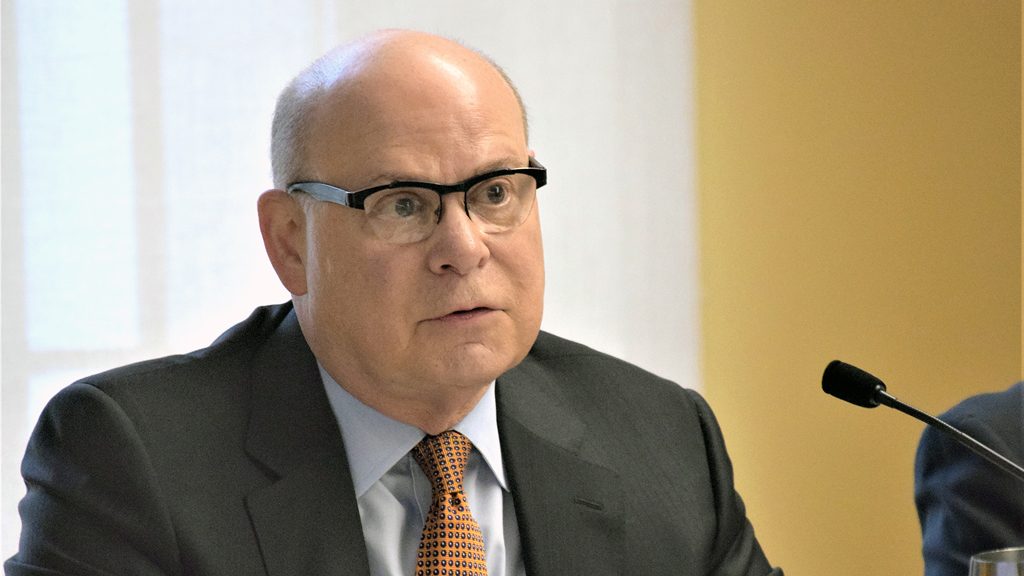

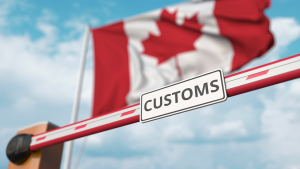

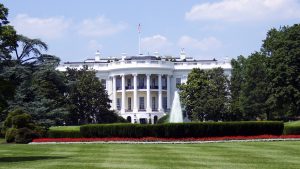
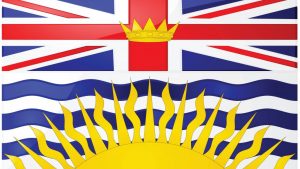

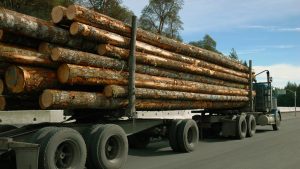
Recent Comments
comments for this post are closed